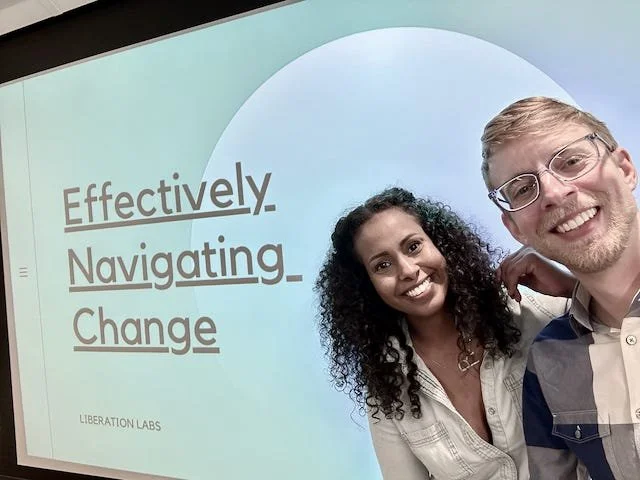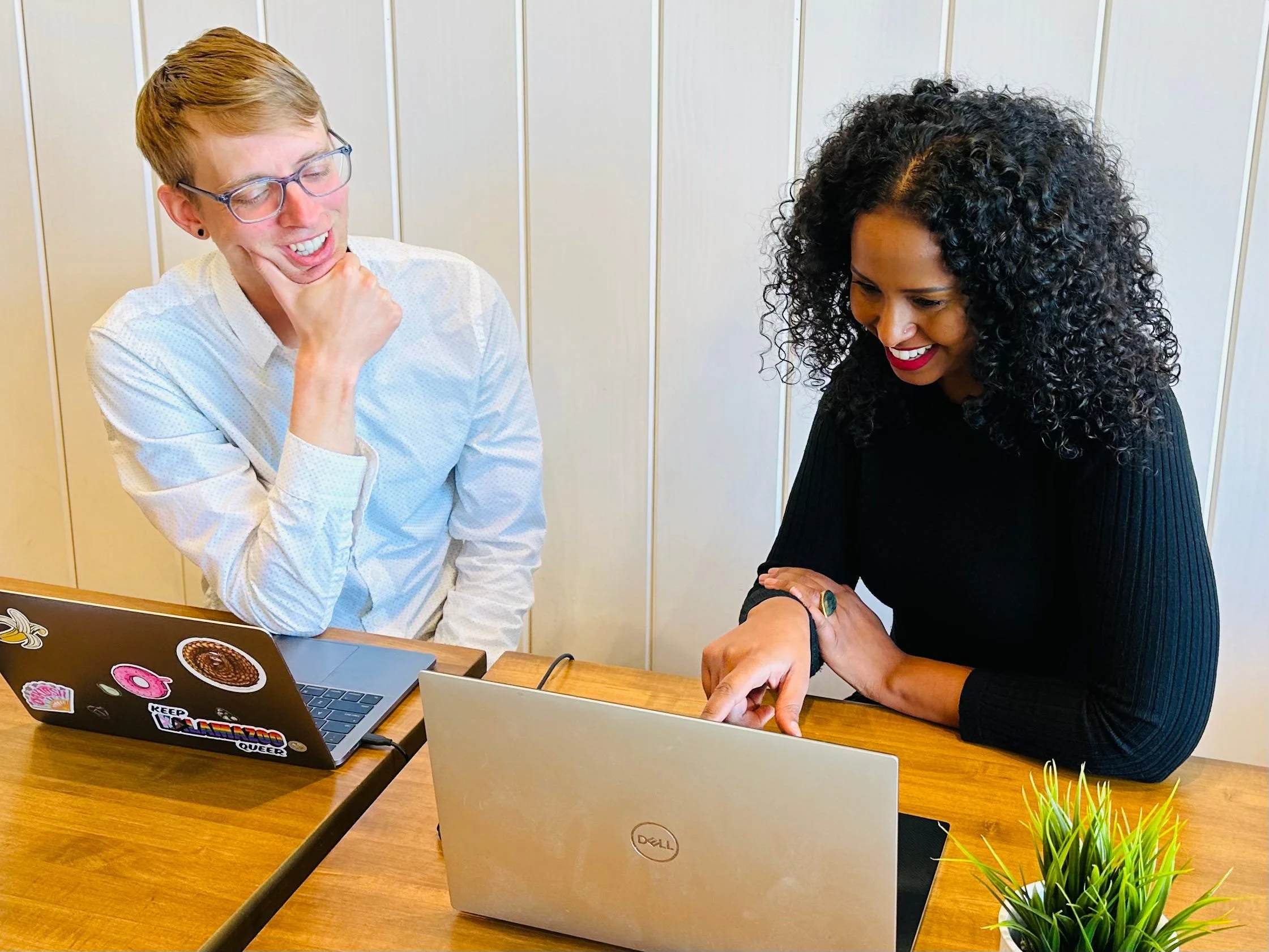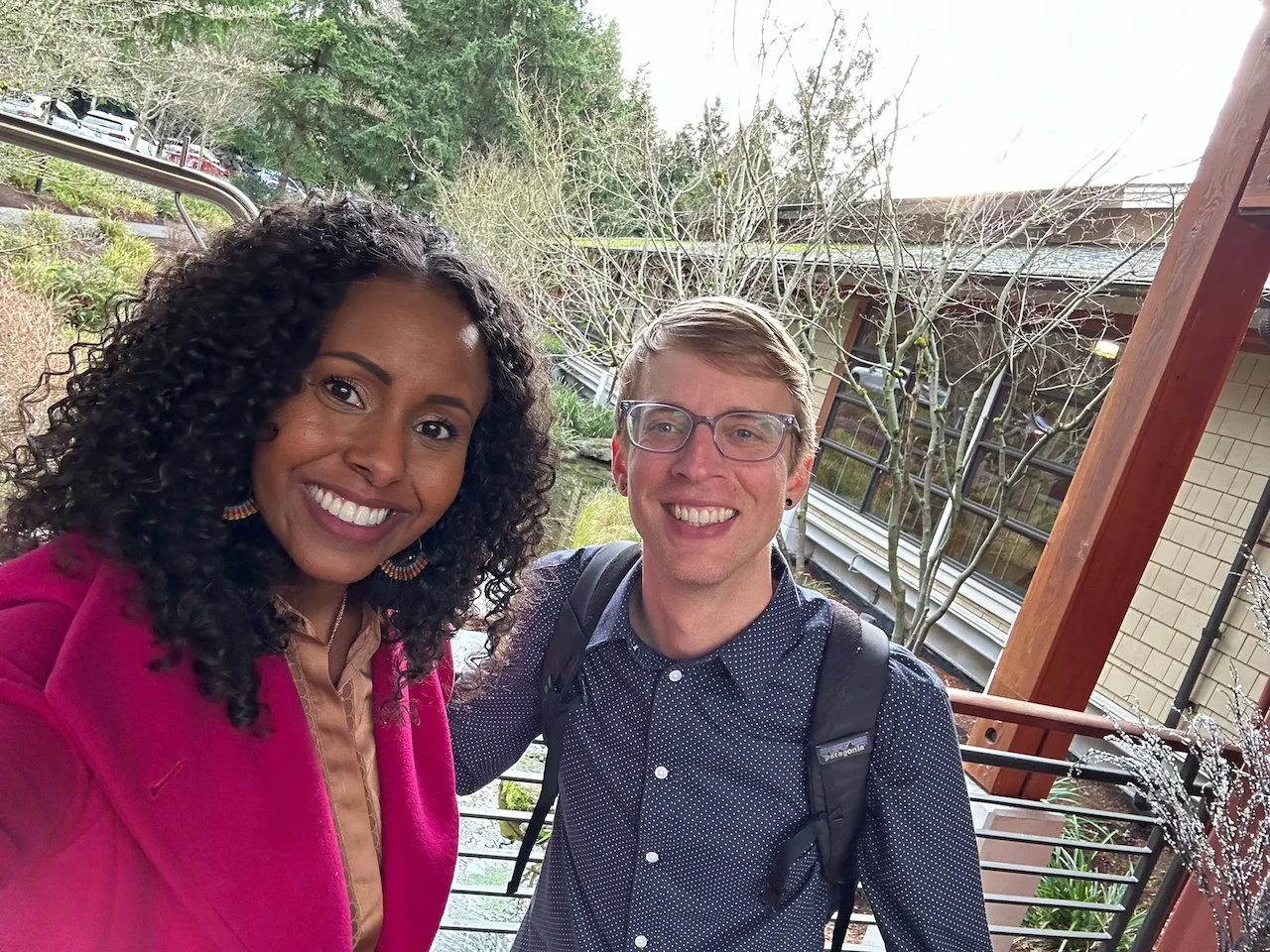Blog
Shareable Guide for Leading Employee Processing Spaces
We’ve been supporting clients, partners, and our communities through our election-related resources—
As part three of this series, we’re posting the Liberation Labs guide for facilitating processing spaces with your team. This guide may be used for post-election and/or pre-inauguration conversations.
It can also be easily adapted for any challenging times down the road—from external ones like weather disasters or acts of violence, to internal ones like unexpected layoffs or team transitions.
Customize Our Election Email for Your Team
We’re sharing our recommendations for two-part crisis response plans, along with a customizable sample email you can use in the upcoming days—both before and after Election Day.
Leaders must communicate—and keep communicating—about the election and the uncertainty surrounding it. Acknowledge that employees are likely stressed or scared about what comes next.
What Does “Timely” Mean in the Context of Healthy, Culturally-Aware Feedback?
Many feedback frameworks imply that “timely” feedback simply has to do with urgency. Of course, sharing our observations as soon as possible after something happens is a helpful practice and demonstrates clarity and care. We suggest not waiting more than a week to give feedback when possible.
Yet, when we rush to offer hard feedback without first processing and preparing—and put pressure on others to do the same—we can unintentionally perpetuate white dominant culture and practices that don’t honor our differences.
Is Protective Hesitation Getting in the Way of Feedback?
Protective hesitation is one reason people from dominant groups (like white folx or men) shy away from giving feedback to those who hold different identities. The feedback giver may have a conscious or subconscious fear of being seen as biased, racist, or sexist, for example. Have you noticed this within yourself? Or within others?
We know that feedback at work is often biased, so this is a valid thing to watch out for. But we also know that people of color, women, and others facing marginalization in the workplace often don’t receive the quality feedback they need to advance in their careers and build generational wealth and opportunity.
Facilitation as a Key Leadership Skill
Group facilitation is a key part of our work—we’ve been doing it for years and do it almost every day with our clients. And we know that for many, it’s a skill that doesn’t get enough investment. Yet, great facilitation makes a huge difference inside every organization—helping teams make great decisions, engage in healthy and important debates, and create culture. How meetings are facilitated plays a huge role in creativity, innovation, and how employees feel about their jobs.
There is no Health without Mental Health
There’s a reason workplace well-being is one of the top priorities of the US Surgeon General’ Office. As outlined in the 2022 report:
76% of U.S. workers reported at least one symptom of a mental health condition
84% of respondents said their workplace conditions had contributed to at least one mental health challenge
81% of workers reported that they will be looking for workplaces that support mental health in the future
Design Intentional Off-Sites That Spark Sustainable Change
We all know that the pandemic has changed everything about how we live and work—and recent layoffs and economic anxiety have had a big impact on team morale. It’s time we dust off the employee engagement practices of the past and see them through a fresh lens.
Start Treating Employee Burnout Systemically
As we see brighter spotlights being shone on burnout amongst women, particularly women with marginalized identities, it’s critical to push the dialogue and solutions past micro-interventions.
There’s No Psych Safety Without Emotional Safety
Emotional intelligence, transparency, and vulnerability are what we want from our leaders and colleagues—and lots of evidence supports how these things lead to productive and inclusive cultures. When we encounter daily tensions and conflicts in organizations, part of the solution almost always involves emotional vulnerability.
Giving Teams Consistent Space for Both Joy and Grief
When we founded Liberation Labs, we did so with our shared values in mind: compassion, clarity, and joy.
Grief and joy are often seen as two ends of a broad spectrum, but the reality is that for most of us, they’re inextricably linked in the human experience. And workplaces are made up of, you guessed it, humans!
And those three Liberation Labs values mentioned above? They can also be valuable tools in helping your team learn how to become an emotionally-aware, trauma-informed workplace that creates intentional space for both joy and grief to co-exist.
Employee Experience Surveys That Matter
Assessment is the work of gathering qualitative and quantitative data about what employees are experiencing and what cultural norms are most influential in an organization. We learn about experiences and perceptions around communication, decision-making, DEIB, collaboration, management practices, compensation, power dynamics, and professional development.
Mindfulness, Equity, and Inclusion
Mindful self-awareness is an essential skill for building an equitable and inclusive organization. It’s the ongoing personal practice of noticing what you’re thinking and feeling as it’s happening. And from there, you can make space to understand, investigate, or explore alternatives to your default thought patterns.
Cultural Competence to Cultural Humility
In our work, we’re always trying to support each other and our clients in becoming the best possible versions of ourselves: raising our personal and collective consciousness, connectedness to humanity, and—ultimately— our tangible and long-term shared success.
One way to do that is by considering which skill sets can be most powerful in supporting the evolution of our clients and their teams. Pushing our thinking and habits toward cultural humility is an important piece of this puzzle.




















